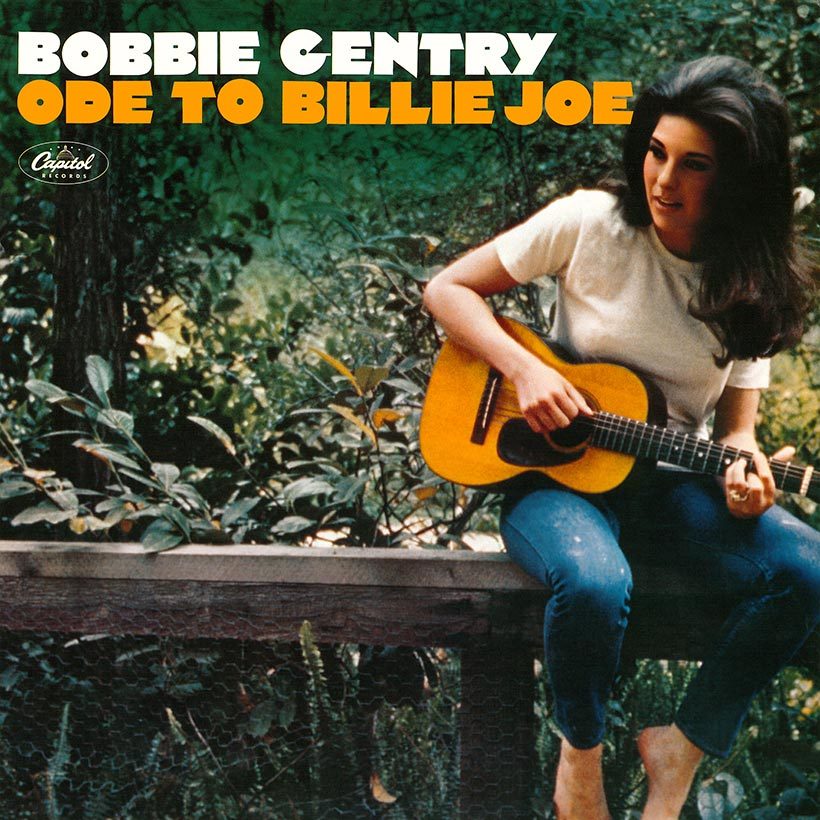
About the Song
A Haunting Ballad of Love and Loss: Exploring “Ode to Billy Joe” by Bobby Gentry
Bobby Gentry’s “Ode to Billy Joe” remains a captivating and enigmatic piece of musical history, captivating audiences for over five decades. Released in 1967, the song became an instant sensation, topping the charts and sparking endless debate and interpretation.
Gentry’s unique voice and storytelling prowess weave a poignant tale of young love, loss, and the enduring power of memory. The lyrics, delivered in a conversational tone, unfold like a nostalgic narrative, drawing us into the world of the narrator and her relationship with the enigmatic Billy Joe.
Central to the song’s mystery is the question of Billy Joe’s death. The narrator recounts a seemingly innocuous event – witnessing Billy Joe throw something off the Tallahatchie Bridge – but the ambiguity shrouding his actions and the subsequent news of his death leave us with a sense of unresolved longing.
The song’s power lies not only in its lyrical ambiguity but also in its emotional depth. Gentry masterfully evokes a range of emotions – from the innocence of young love to the pain of loss and the bittersweet tang of nostalgia. The imagery she conjures – the “Tallahatchie Bridge,” the “Choctaw Ridge,” and the “cotton fields” – paint a vivid picture of a specific time and place, while also resonating with universal themes of love, loss, and the complexities of human relationships.
“Ode to Billy Joe” transcends the boundaries of genre and generation. Its haunting melody and timeless themes continue to resonate with audiences of all ages. The song has been covered by countless artists, each offering their own interpretation of the narrative. It has also been featured in numerous films and television shows, further solidifying its place in popular culture.
But beyond its cultural impact, “Ode to Billy Joe” remains a deeply personal experience. Each listener brings their own interpretation to the song, finding their own meaning in the unresolved mystery and the powerful emotions it evokes. It is this very ambiguity, this open-ended invitation to engage with the story and its characters, that ensures the song’s enduring legacy.
So, as you embark on this journey through “Ode to Billy Joe,” be prepared to be swept away by the power of Gentry’s storytelling. Let the song wash over you, allow yourself to be drawn into the mystery, and discover your own interpretation of this timeless ballad of love and loss.